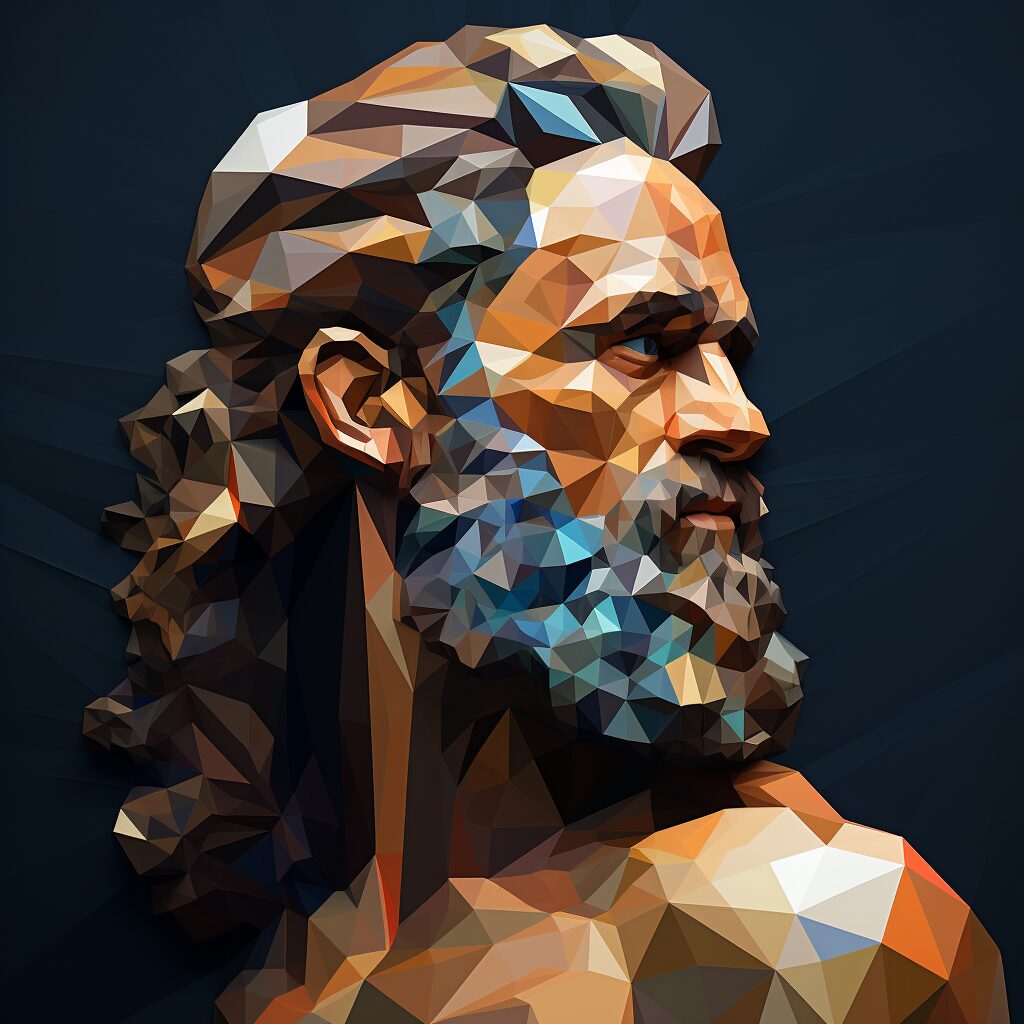This quote suggests that wisdom, much like physical attractiveness, is not something that can be acquired through conventional learning methods. It implies that wisdom is an inherent trait, much like one’s physical appearance, that cannot be altered significantly through external means. It suggests that wisdom is more about innate understanding and perception rather than acquired knowledge.
In the context of personal development, this quote could be interpreted to mean that true wisdom comes from introspection and self-awareness rather than external learning. It suggests that one can’t ‘learn’ to be wise by simply reading books or attending lectures, but rather, wisdom is gained through experiences, understanding, and reflection.
In today’s world, where information is readily available and learning is often equated with the accumulation of knowledge, this quote serves as a reminder that wisdom is more about the quality of understanding rather than the quantity of information. It suggests that true wisdom is about understanding the depth of things, seeing beyond the surface, and making connections that are not immediately apparent.
In terms of personal development, this quote could be a reminder to focus on developing depth of understanding and insight rather than simply acquiring more information. It could be a call to spend more time in reflection and introspection, to engage with our experiences on a deeper level, and to seek to understand rather than simply to know.






